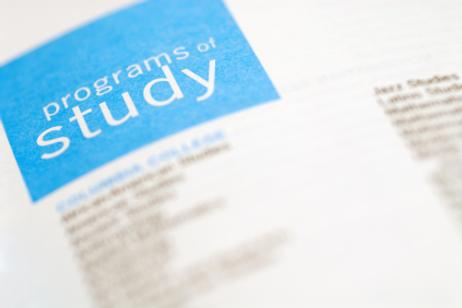A recent report by the National Center for the Analysis of Longitudinal Data in Education Research found that employers show little preference between a job candidate with an education from a for-profit institution such as DeVry or the University of Phoenix and one with an education from a public community college. In a study in which researchers tracked the callbacks to 9,000 fictitious job applications, 11.6 percent of employers responded to applications listing a community college education. In contrast, 11.3 percent responded to faux applications of students from for-profit colleges. Companies also requested interviews of community college students more often – 5.3 percent – compared to 4.7 percent for applications listing a for-profit college education.
ABC News investigates for-profit schools accused of misleading prospective students about job prospects post-graduation.
The fabricated applications were submitted with similar credentials, either an associate’s degree, certificate, or some college education, so applicants would not be called because of an imbalance of qualifications. What the study’s findings suggest is similar to what other studies on for-profit education have discovered: When it comes to applying for a job, community college students are as much, if not more attractive to employers as students from for-profit schools.
It is important to note that this research does not delve deeper into hiring a new employee and only examines employers’ initial responses. Differences between community college-educated and for-profit college applicants are not accounted



















